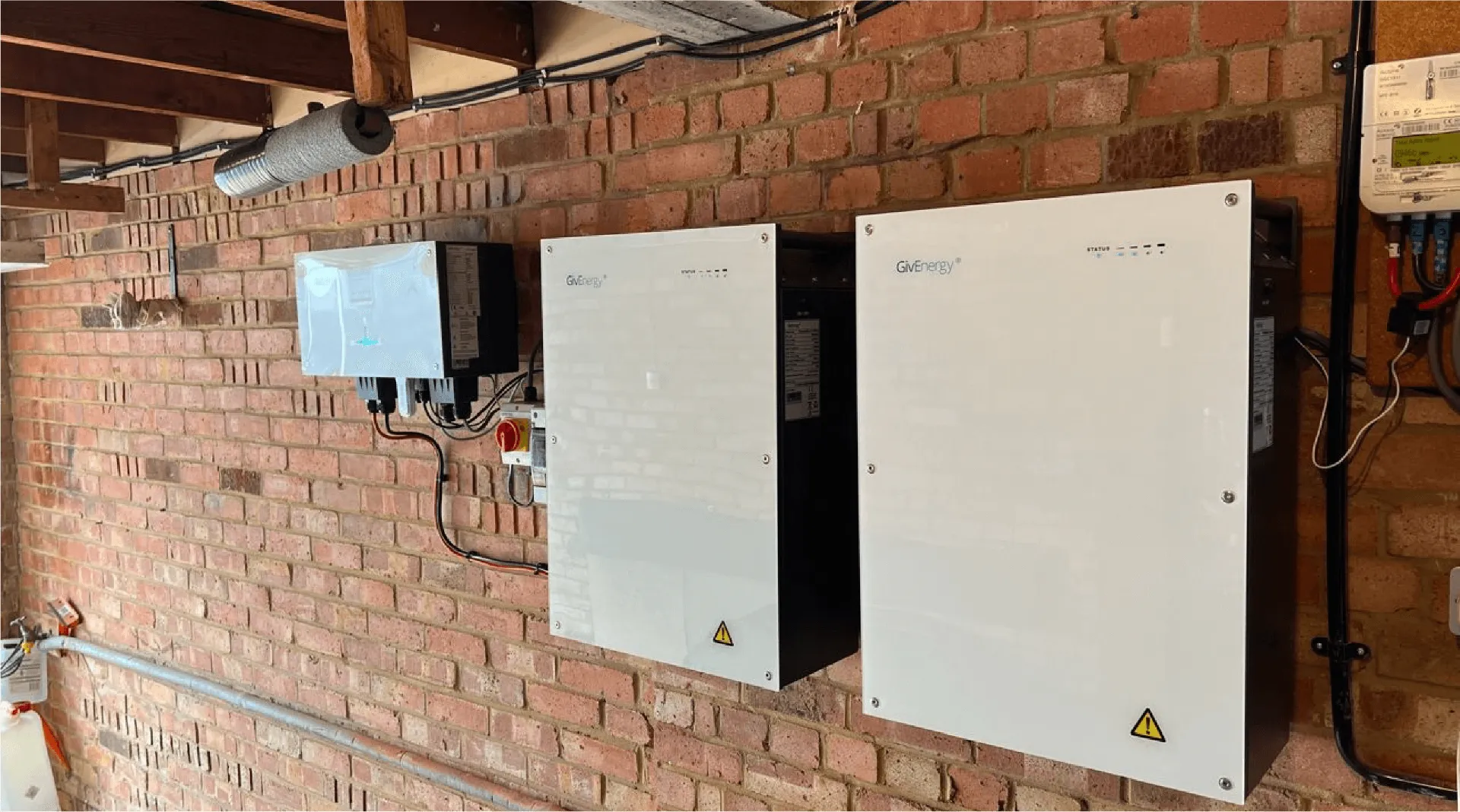
In today's world, the demand for energy is ever-increasing, while concerns about the environmental impact of traditional energy sources are growing. As a result, many homeowners are turning to renewable energy solutions such as solar panels to power their homes. However, one key factor in achieving true energy independence is the ability to store that energy for use when the sun isn't shining or the wind isn't blowing. This is where house battery storage comes into play.
What is House Battery Storage?
House battery storage (also known as ‘ batterijopslag voor het huis’ in the Dutch Language) systems, also known as home energy storage systems, are devices that store excess energy generated by solar panels or other renewable sources for later use. These systems typically consist of a battery or multiple batteries, a battery inverter, and a monitoring system. The stored energy can then be used to power your home during peak demand times or when the sun is not shining.
Benefits of House Battery Storage
- Energy Independence: One of the primary benefits of house battery storage is the ability to become more self-reliant when it comes to energy. By storing excess energy from renewable sources, homeowners can reduce their reliance on the grid and power their homes even during outages.
- Cost Savings: House battery storage can help homeowners save money on their energy bills by allowing them to use stored energy during peak times when electricity prices are typically higher. It also reduces the need to draw electricity from the grid, further reducing costs.
- Environmental Impact: By using stored energy from renewable sources, homeowners can reduce their carbon footprint and lessen their impact on the environment. House battery storage helps to make renewable energy sources even more sustainable by ensuring that energy is available when needed.
- Backup Power: In areas prone to power outages, house battery storage can provide a reliable source of backup power. This can be particularly useful during extreme weather events or other emergencies when access to electricity may be limited.
Types of House Battery Storage Systems
There are several types of house battery storage systems available on the market, each with its own advantages and considerations:
- Lithium-ion Batteries: These are the most common type of batteries used in house battery storage systems. They are known for their high energy density, long lifespan, and fast charging capabilities. However, they can be more expensive upfront.
- Lead-Acid Batteries: These batteries are more affordable but have a shorter lifespan and lower energy density compared to lithium-ion batteries. They are a good option for homeowners on a budget.
- Saltwater Batteries: These environmentally friendly batteries use saltwater electrolytes and are non-toxic. They are safe to use and have a long lifespan, but they may have lower energy density compared to other types of batteries.
Considerations When Installing House Battery Storage
Before investing in a house battery storage system, there are several factors to consider:
- Energy Usage: Assess your household's energy usage to determine the size of the battery storage system needed to meet your needs.
- Compatibility: Ensure that the battery storage system is compatible with your existing solar panels or renewable energy setup.
- Cost: Consider the upfront costs of the system, as well as any potential savings on energy bills over time.
- Warranty and Lifespan: Look for a battery storage system with a reliable warranty and a long lifespan to ensure longevity and protection of your investment.
Conclusion
House battery storage is a key component in achieving energy independence and reducing reliance on traditional energy sources. By storing excess energy from renewable sources, homeowners can power their homes more sustainably, save on energy costs, and have a reliable backup power source. With a variety of battery storage systems available, it's important to carefully consider your energy needs and budget before choosing the right system for your home.